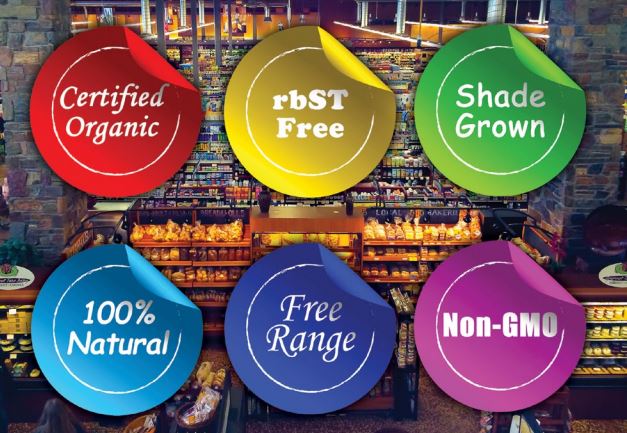Subscribe to the newsletter
[x]
Stay in touch with the scientific world!
Know Science And Want To Write?
Apply for a column: writing@science20.com
Donate or Buy SWAG
Please donate so science experts can write
for the public.
At Science 2.0, scientists are the journalists,
with no political bias or editorial control. We
can't do it alone so please make a difference.
We are a nonprofit science journalism
group operating under Section 501(c)(3)
of the Internal Revenue Code that's
educated over 300 million people.
You can help with a tax-deductible
donation today and 100 percent of your
gift will go toward our programs,
no salaries or offices.
- More Like Lizards: Claim That T. Rex Was As Smart As Monkeys Refuted
- Opioid Addicts Are Less Likely To Use Legal Opioids At The End Of Their Lives
- Shaping The Future Of AI For Fundamental Physics
- Solar Uber Alles: Germans Turn On The Green Party After Realizing They Lied About Nuclear Energy
- There Are No Non-GMO Strawberries
- California Politicians Lower The 'Erin Brockovich' Chemical And Cheer Saving 0 Lives
- Fed Is Best: Parents Are Pushing Back Against Influencer Driven Baby Food Fundamentalism
Interesting insights from outside Science 2.0
© 2024 Science 2.0








